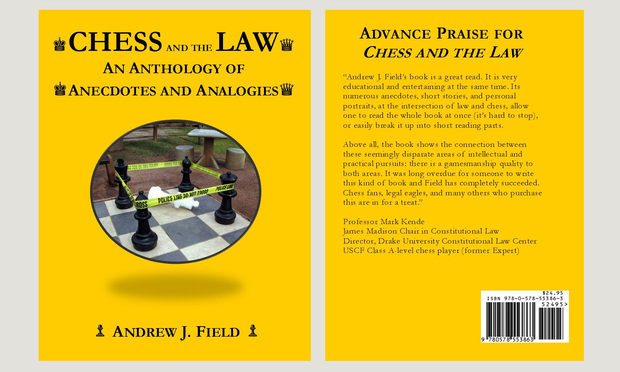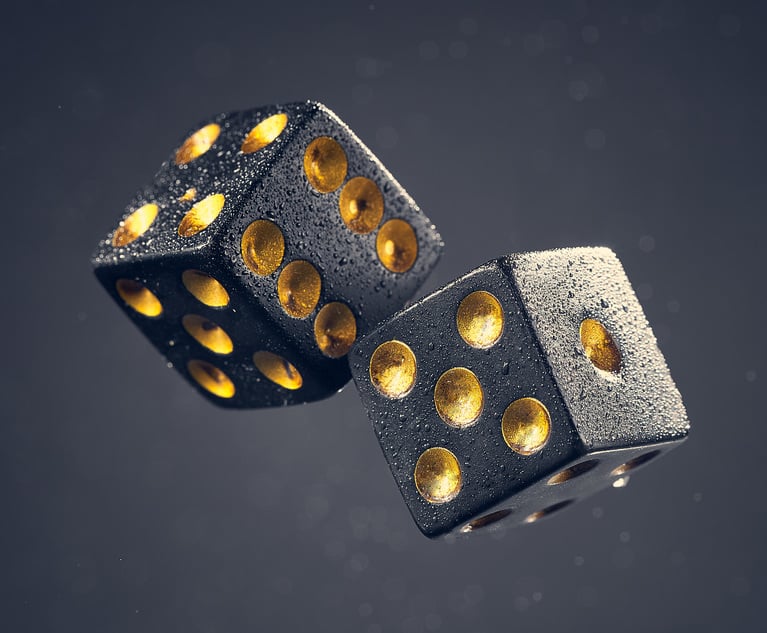When I was young I spent many weekends at the Dallas Chess Club testing my mettle against all sorts of people at the club, and later by participating in chess tournaments across the state. Back then, before the Internet, on any night the club was open you could encounter people from all sorts of backgrounds and professions. For instance, I met students, grocery clerks, cabbies, truck drivers, printers, professional gamblers, newspaper columnists, plumbers, computer programmers, college economics professors, members of the Dallas Symphony Orchestra, engineers, doctors, diamond brokers, psychologists, many lawyers and even a judge or two.
For some reason, this devilishly simple game that takes 30 minutes to learn and a lifetime to master is irresistible to members of the legal set. Andrew J. Field, another chess-playing lawyer, and the author of a great new book, “Chess and the Law: An Anthology of Anecdotes and Analogies,” published in 2019, has a theory about why the Royal Game has so much appeal for people trained in the law.


 Chess and the Law: An Anthology of Anecdotes and Analogies book, by Andrew J. Field, front and back covers.
Chess and the Law: An Anthology of Anecdotes and Analogies book, by Andrew J. Field, front and back covers.





